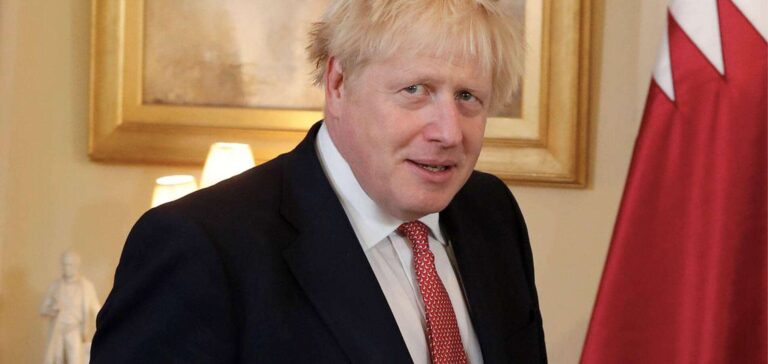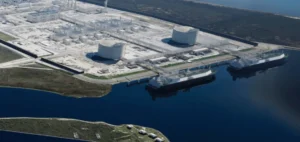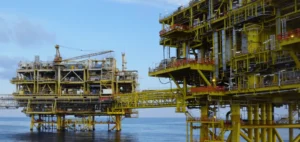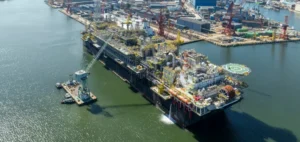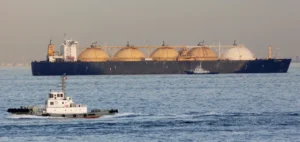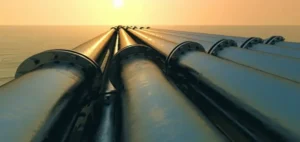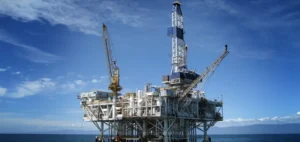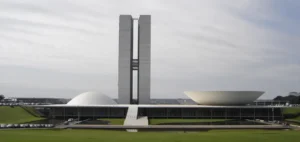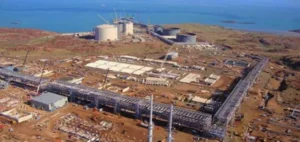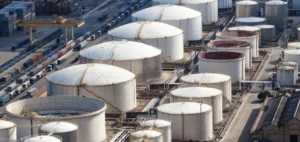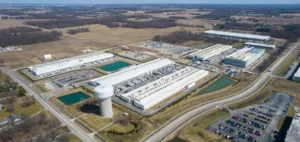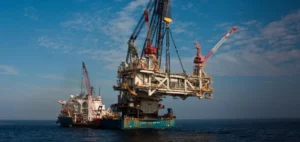A gas deal is reportedly under discussion, although the UK denies all rumors of Qatari gas supplies.
However, the British Prime Minister and the Emir of Qatar recently met to discuss the situation.
Long-term gas agreement in sight?
The Financial Times explains that Qatar has already redirected four large LNG carriers to the UK.
The first convoy, Al Aamriya, arrived at the South Hook LNG terminal in Wales on October 29, 2021.
The second tanker, Mozah, arrived last Wednesday.
The other two convoys, Al Bahiya and Al Samriya, will arrive over the next few days.
These supplies are all the more important as they represent almost a third of the UK’s average monthly imports.
What’s more, the British government hasn’t paid for these supplies, and Qatar will sell the gas directly to the British market.
British energy suppliers in the doldrums
This crisis is the result of higher natural gas prices following the end of various health restrictions.
Added to this is strong demand from Asia and low supplies from Russia as inventories dwindle.
Although this crisis is having a major impact on Europe, the UK seems to be the hardest hit.
Gas accounts for around 40% of the country’s electricity production, and this crisis is taking its toll on electricity suppliers.
CNG Energy is the latest British supplier to file for bankruptcy.
The 17th since September 2021.
The CEO of energy group Scottish Power has warned that around twenty companies could disappear in the coming months.
To remedy this,Ofgem is considering changes to the price cap.
Competition with Asia
Although the government claims that energy supplies are secure for the winter, the reality is quite different.
The UK is competing with Asia, as the continent has long-term contracts with Qatar.
With long-term gas supplies from Qatar, the country wants to stop the hemorrhaging of its energy suppliers.

